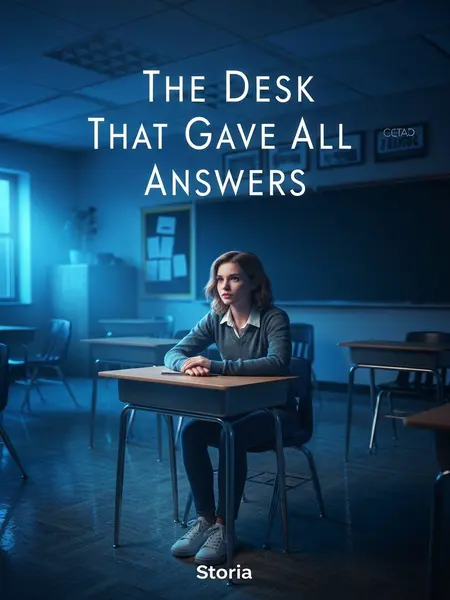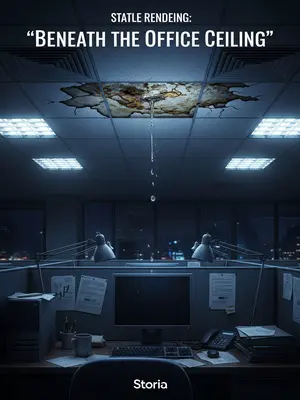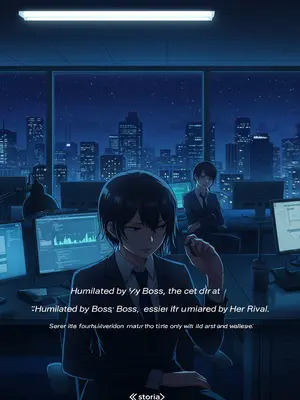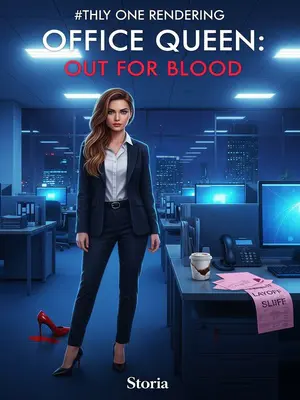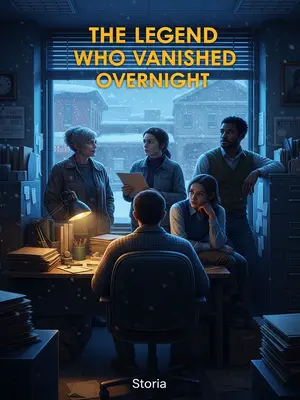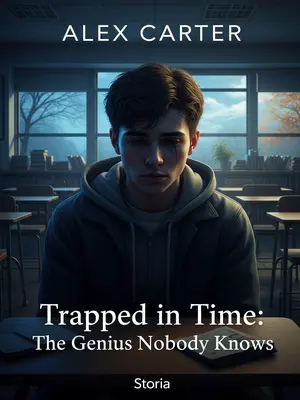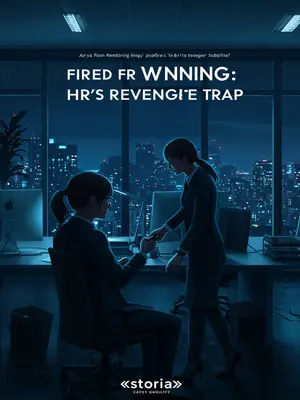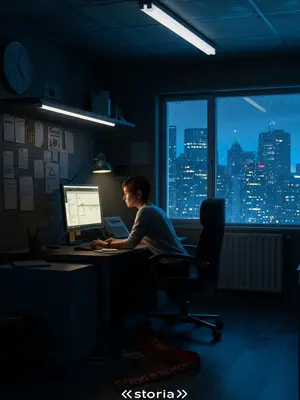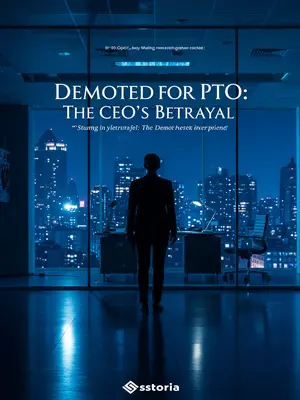Chapter 3: Cosmic Questions
After that, the school was completely sealed off, with the official reason given as ‘renovation planning.’ The next day, yellow tape cordoned off the building. Rumors flew—some said a gas leak, others whispered about FBI agents lurking in the parking lot. The cafeteria buzzed with wild theories.
More and more people like the professor arrived at the school. I even recognized a few faces from TV—some of them were famous scientists. Men and women in lab coats and expensive shoes hustled through the halls, armed with briefcases, laptops, and an air of barely contained excitement. A couple of them looked familiar from late-night science specials my dad watched on PBS.
After several days and countless repeated experiments, the scientists finally summarized the rules for the appearance of the answer sheets:
1. The student must be me. (Apparently, I’m the world’s least-wanted superhero. My power? Magic test papers.)
2. There can’t be more than three proctors present during the test.
3. The test must list questions in the correct format, each with a score, and the total score cannot exceed 150 points. (So, no giving me the answers to the meaning of life unless it’s worth under 150 points.)
4. The test procedure must follow official SAT standards.
5. No more answer sheets will appear after the test ends.
A team of specialists scribbled on whiteboards, charting patterns and probabilities. Reporters camped outside, hungry for any leak. I felt like a lab rat, but at least now I was a famous one.
Once they figured out the general rules and conditions, the scientists began to let their imaginations run wild. They started crafting more ambitious questions, their excitement bubbling over. Someone joked about writing to Harvard’s admissions board. I just kept thinking about how all this would sound to my friends back home.
I, meanwhile, stared at the test in my hand, lost in thought. I tapped my pencil against the desk, wondering what would happen if the questions got even harder. I wondered if any of this would ever make sense, or if I’d just wake up and find out it was all a stress dream.
“Please describe in detail the process of the universe’s formation. (10 points)”
I stared at the page, wondering if I was supposed to phone NASA for help. Suddenly, this was bigger than any high school test I’d ever taken.
“Please give 10 examples of planets with extraterrestrial civilizations that are closest to Earth. (1 point each, 10 points total)”
I snorted—if only the answer sheet could help me ace the next round of trivia night. Still, I dutifully read on, curiosity outpacing my skepticism.
“Please explain the process of human evolution and your prediction for humanity’s future development. (10 points)”
The questions were growing more philosophical by the page. I shot a look at Mr. Carter, who just shrugged, as if to say, "Don’t look at me, kid."
Looking at these questions, I even doubted whether the desk would be able to produce answers. I leaned back, half-expecting the magic to have finally run out. It all felt too fantastical—too much, even for a desk that spawned answer sheets.
But in fact, after waiting more than ten minutes, my desk started to spew out countless sheets full of writing, like a dam bursting. It started as a slow trickle, then, suddenly, sheets came flooding out—faster than either of us could grab. Pages flew everywhere—one even landed on Mr. Carter’s head. We both burst out laughing, too tired to care. Pages fluttered down like oversized snowflakes, piling up around our feet.
The proctor and I rushed to catch them, stacking up piles as if we were catching water. We scrambled, our hands moving in a blur, racing to keep the papers from spilling onto the floor. It was chaos, the two of us ducking and weaving around the desk, arms full of answers.
This went on for more than twenty minutes. Time lost all meaning. Sweat beaded on my forehead, and my breath came in short gasps. My muscles burned from stooping, lifting, stacking.
After the last pile was stacked, the proctor and I were exhausted, lying among the papers. We collapsed, sprawled across the floor in a tangle of limbs and laughter, paper sticking to our arms and legs. For a minute, neither of us spoke—we just stared at the ceiling, breathing hard, surrounded by an avalanche of answers.
“Test… test over, please… please stop writing,” the proctor gasped, out of breath. He waved a makeshift white flag—a crumpled answer sheet. I managed a tired chuckle, the absurdity of it all finally hitting home.
I truly admired his dedication. If there was an Olympic event for chasing runaway test papers, Mr. Carter would’ve medaled. I grinned at him, and he grinned back, both of us too tired to be scared anymore.
After that, the scientists rushed into the testing room, scrambling to pick up the piles of papers like they were holding precious treasures. They descended in a blur of lab coats and clipboards, scooping up the pages as if they’d discovered the Dead Sea Scrolls. Cameras flashed. I heard someone say, “This could change everything.”
I didn’t care about them. I just hoped that after all this, I could get a chance at a make-up test. After all, with my top ten ranking in the whole school, I never needed those answer sheets. I pressed my back against the wall, suddenly shy. My mind wandered to my real grades, my college applications, and the hope that maybe, after all this, I could just get back to being a regular kid.
